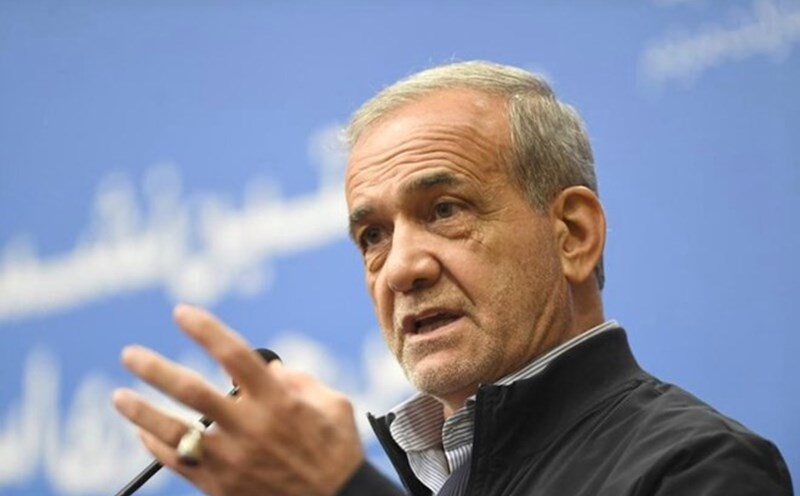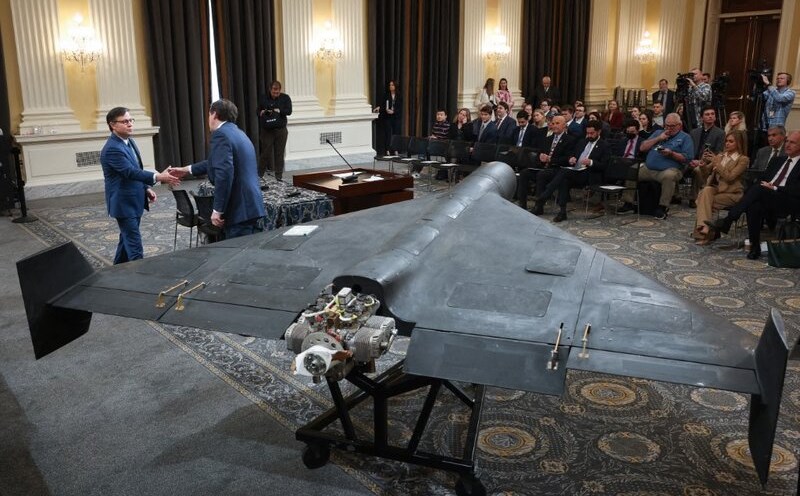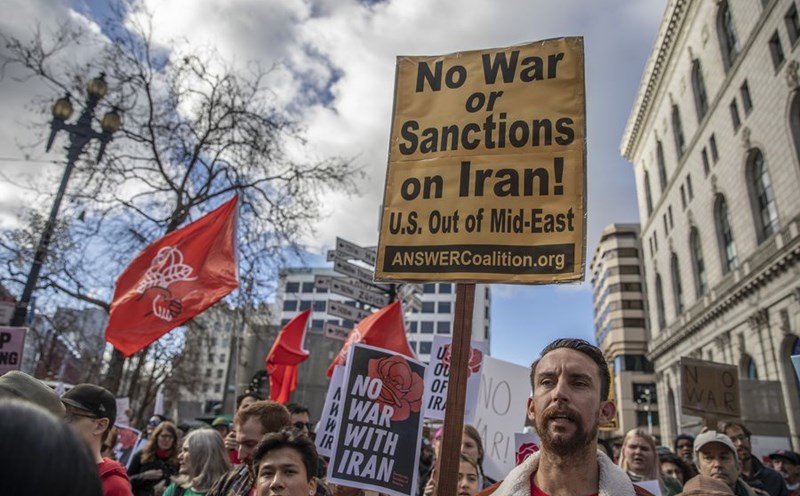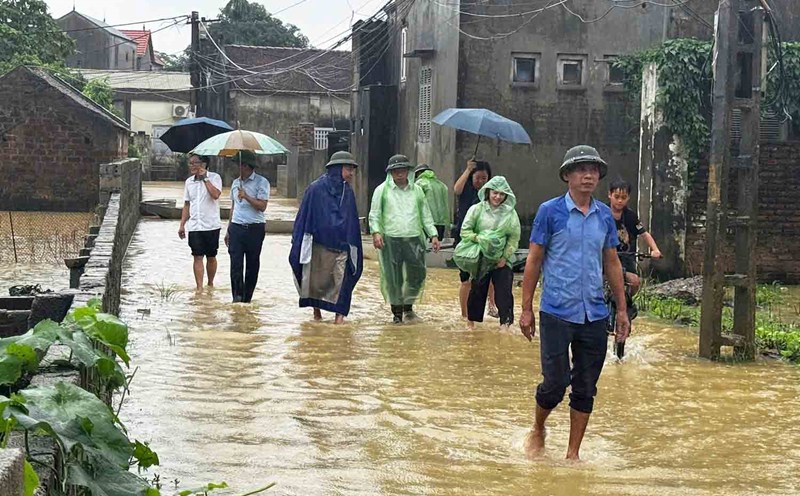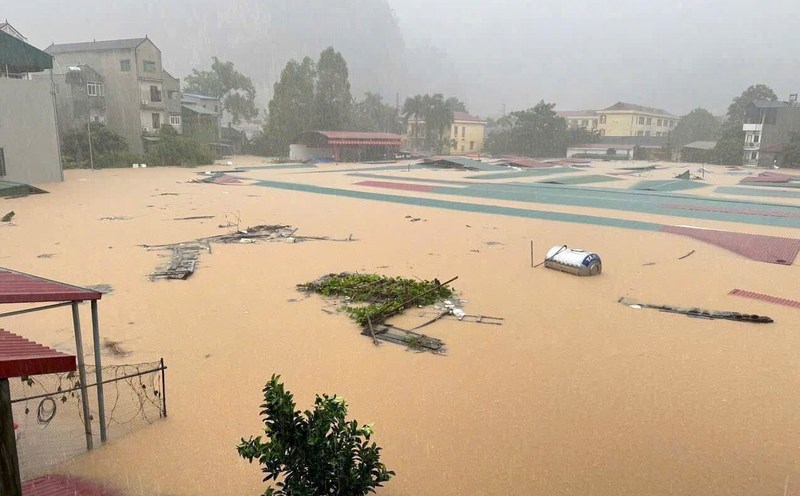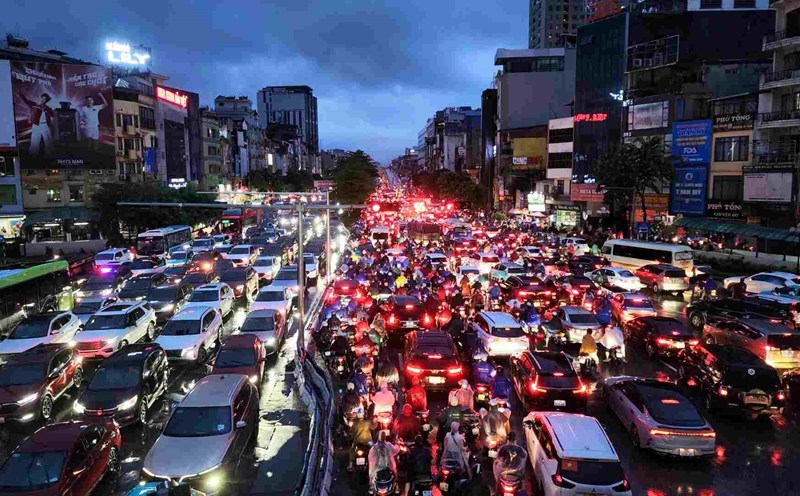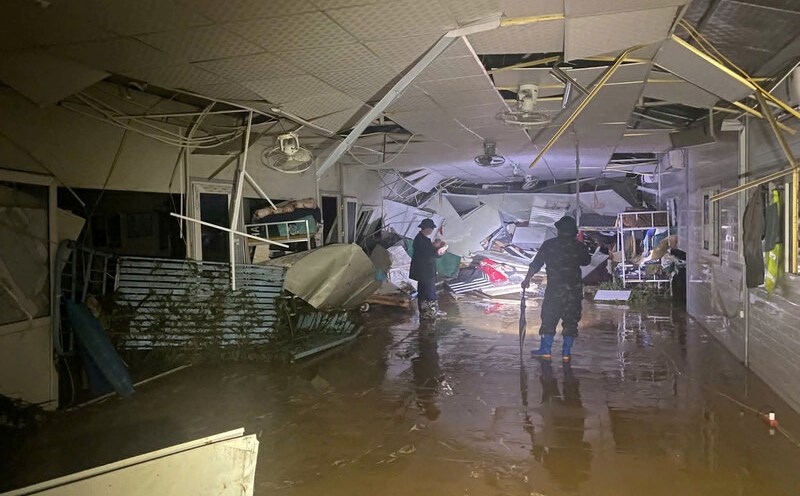A charter flight carrying nearly 100 Iranian citizens from Louisiana (USA), transiting in Qatar and expected to land in Tehran on September 30, marks a rare step in cooperation between the two countries that are already tense.
According to officials, among those being deported were those who were detained for many months for violating immigration laws, as well as those who volunteered to return home. The Iranian Foreign Ministry has coordinated and pledged to ensure the safety of the group upon their return.
This is not the first time the US and Iran have taken a joint step in the field of migration. In February 2025, the US deported 119 people, including Iranian citizens, to Panama under a cooperation agreement. However, this move is considered more notable, as it is large-scale and takes place right in the context of increasingly deep political tensions.
Under President Donald Trump, the US administration is pushing strong deportation policies, emphasizing the goal of handling the border crisis and tightening immigration control. Trump has repeatedly pledged to increase the number of deportations annually to a record level, while expanding repatriation agreements with many countries. However, progress is still facing many difficulties due to lack of cooperation from relevant countries.
Experts say that Iran's acceptance of receiving citizens this time shows that Tehran also has its own calculations, especially when the country is under heavy pressure from economic sanctions and instability in the Middle East.
This is not a sign of the melting of the relationship, but just a practiced concession from both sides, a Washington analyst assessed.
Meanwhile, human rights organizations in the US have warned against ensuring basic rights for those deported, while emphasizing that many cases may face security risks or discrimination when returning to Iran.
Although it revolves around the issue of migration, the move has attracted attention because it shows that the US and Iran - two countries that are fiercely confronted on nuclear and regional policies - can find limited cooperation for practical benefits.

